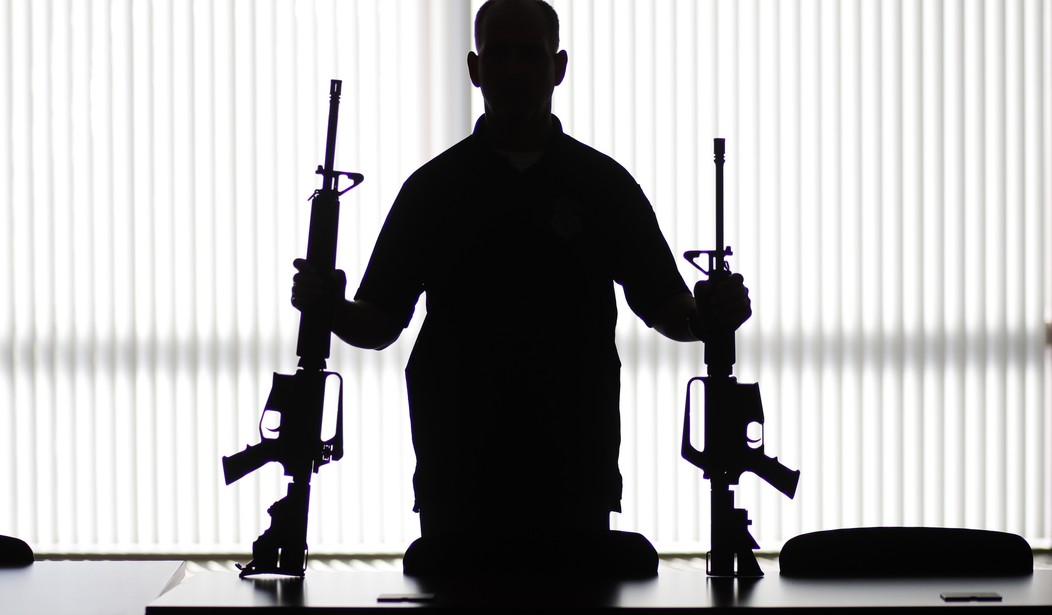Polymer80 sells kits that make it much easier for the average person to build their own guns. So, of course, they raised the ire of many anti-gunners. That’s especially true in our nation’s capital, where federal anti-gunners and local anti-Second Amendment types could lose their mind in perfect harmony.
Unfortunately, earning the ire of those people, while amusing, can also come with some consequences.
It seems a court has ruled that Polymer80 has been very naughty and has to pay out to the District of Columbia.
A manufacturer of untraceable “ghost guns” has been ordered to pay D.C. $4 million as part of a legal settlement that will also prohibit it from selling any guns to city residents in the future.
The settlement announced Wednesday stems from a lawsuit filed by D.C. Attorney General Karl Racine against Polymer80 in June 2020, where he accused the Nevada-based company of illegally selling do-it-yourself kits for handguns and AR-15s without serial numbers to D.C. residents. Those types of guns, which police say are untraceable, are commonly known as ghost guns. According to Racine, Polymer80 sold 19 gun kits to D.C. residents in violation of city law.
“This judgment against Polymer80 is a major victory for D.C. residents and for public safety, and it will help slow the flow of deadly untraceable ghost guns into our community,” said Racine in a statement.
The win for D.C. comes as more cities and states are taking action against manufacturers of gun parts that can be assembled into fully functioning firearms.
In April, the U.S. Department of Justice unveiled new rules restricting the sale of ghost guns by requiring that buyers be subjected to a background check. As of June 1, the sale of ghost guns has been fully banned in Maryland, and that same day Baltimore announced its own lawsuit against Polymer80, accusing the company of selling guns to “those who want to evade law enforcement or who cannot obtain a gun from a Federal Firearms Licensee, including underage buyers, buyers with criminal convictions and gun traffickers.”
Except, Polymer80 wasn’t selling guns.
They were selling pieces of plastic that could, with effort, be turned into a firearm receiver, but without that work, it’s never anything but a hunk of plastic.
Plus, as Polymer80 noted in its defense, there’s no evidence they were specifically marketed to DC residents, criminals, or anyone of the sort.
Then again, the way our legal system seems to work, at least when it’s part of the firearm industry–even if they don’t make actual guns–things like backing up your accusations don’t actually apply. You simply have to make claims about their marketing and it seems judges just accept those at face value.
I’m sorry, but this can’t go on indefinitely. My hope is that it’s the Supreme Court that knocks some of these ridiculous claims down so hard their crack the Earth’s crust.
Polymer80 didn’t seem to be doing anything illegal. They were selling a product that was legal and doing it in full compliance with the law. How that results in them getting a fine is just one of many questions that remain to be answered.
We live in a nation of laws, but those laws apply differently if you’re part of the wrong industry, apparently.








Join the conversation as a VIP Member